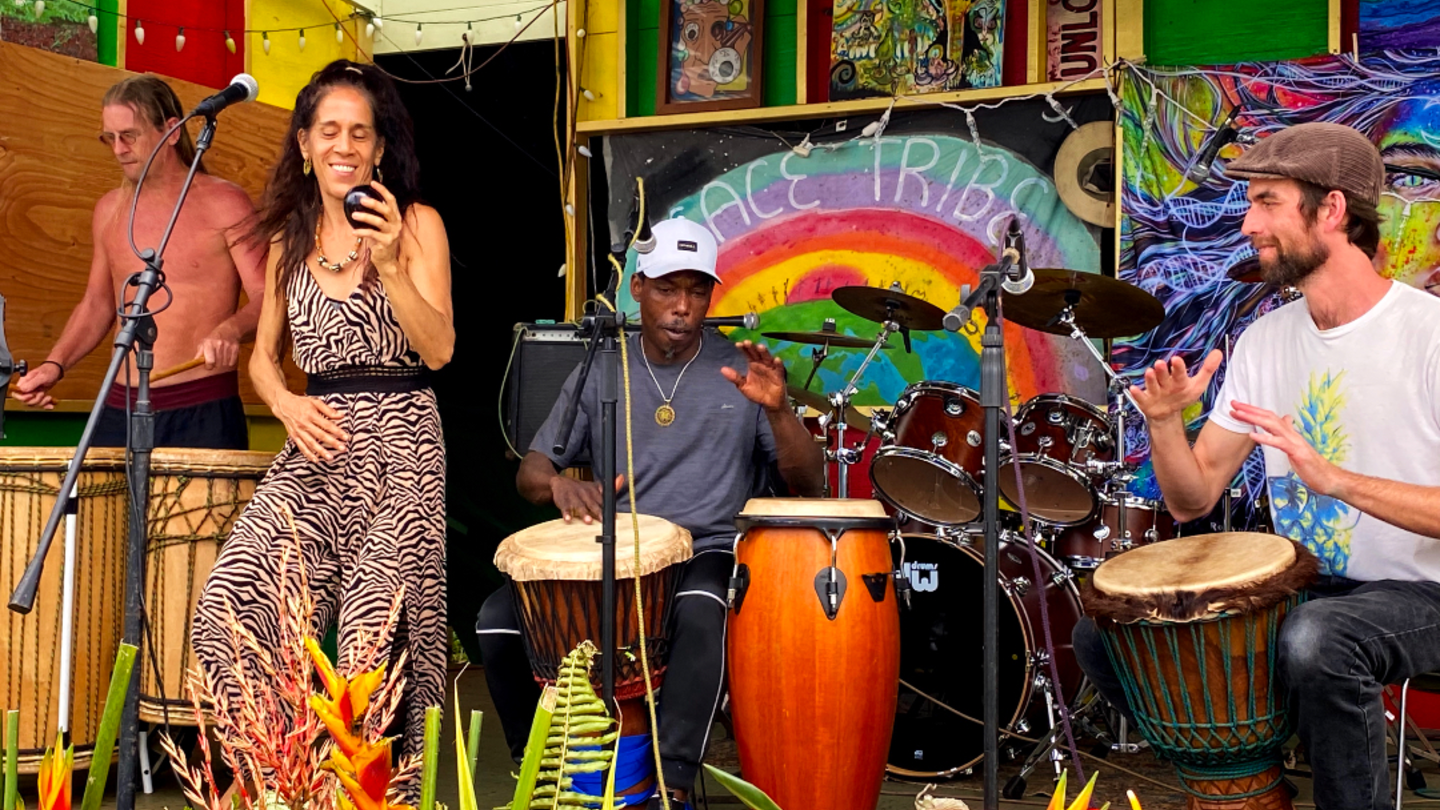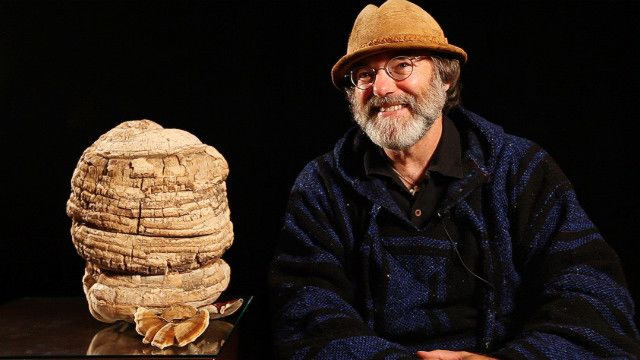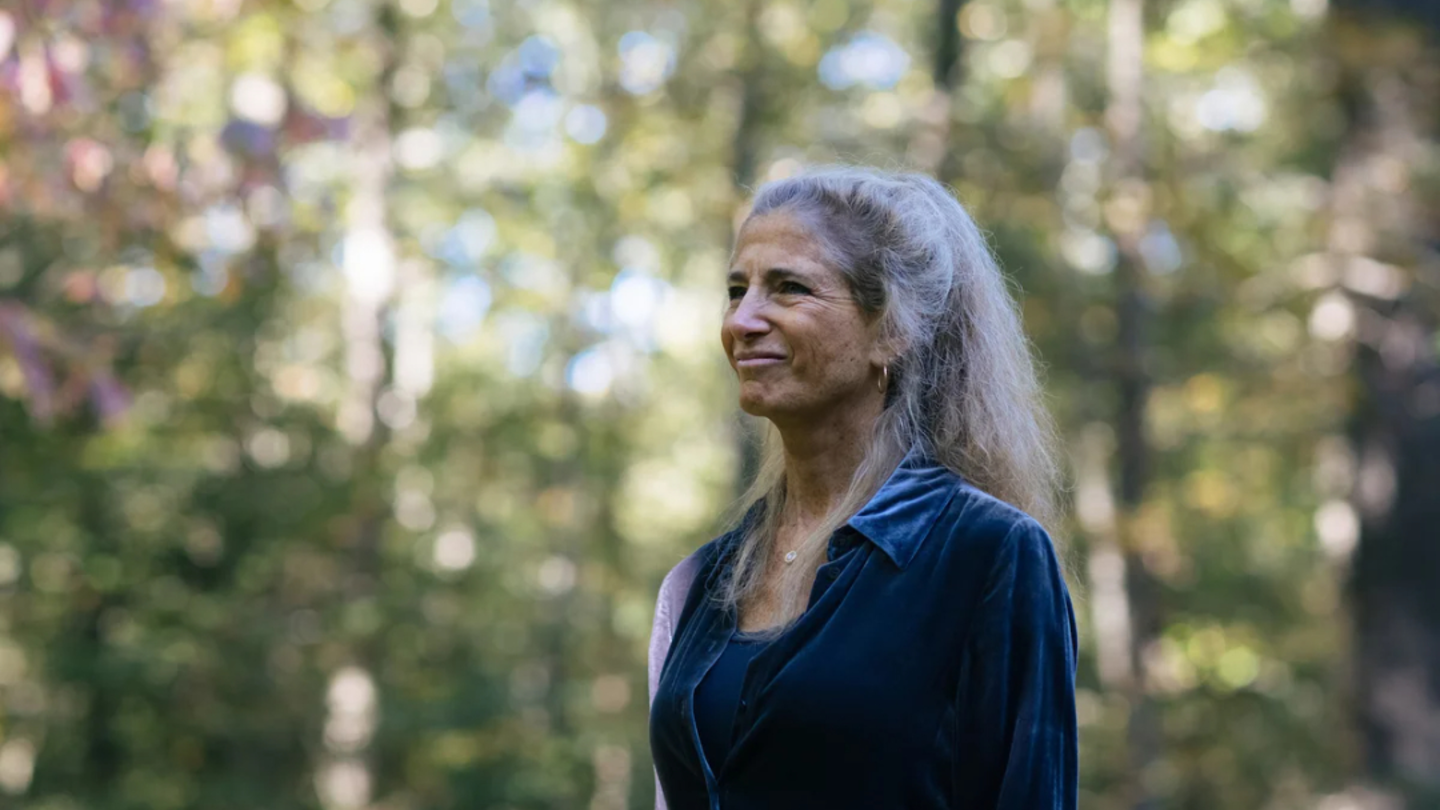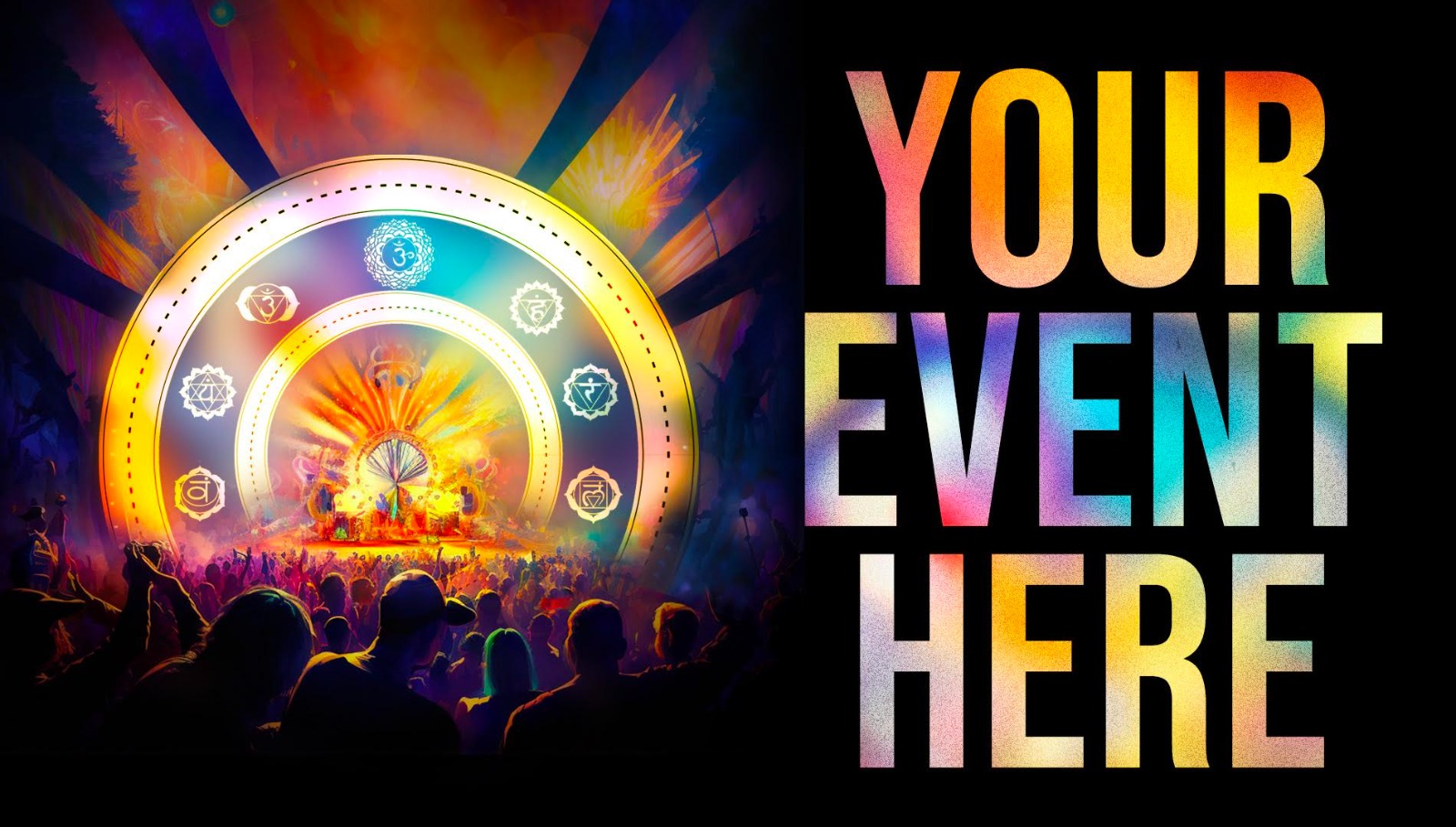
The Paradox of Awakening
We grow up imagining awakening as arrival — a final resting place beyond confusion and pain. We picture light filling our being, a constant peace, a life infused with clarity. And yes, there are moments like that. But what few prepare us for is the quiet ache that follows — the strange loneliness that enters once the noise of the mind subsides.
When stillness finally takes root, the world doesn’t disappear. It becomes clearer. The chatter drops away, but with it goes the illusion of belonging to everything we once used to seek comfort in. The attachments dissolve, the stories unravel, and what remains is vast — too vast to feel personal. It’s in that expanse that stillness begins to feel like distance.
Spiritual Loneliness: The Space Between Worlds
Many call it spiritual loneliness — the liminal space between the world we’ve outgrown and the one we’ve yet to inhabit fully. After awakening, the familiar identities that once defined us no longer fit, yet the new way of being hasn’t entirely anchored. Relationships shift. Desires fade. Even joy feels quieter, stripped of its usual sparkle.
It can feel like the soul itself has gone silent. But this silence isn’t absence — it’s the sound of the world as it truly is. The sensitivity that once felt like a gift now becomes unbearable at times. Crowded spaces feel dense. Conversations skim the surface. We see through everything — and that transparency can be isolating.
Why the Heart Feels Empty After It Opens
The heart doesn’t open into sentiment; it opens into space. Love, once romanticized as warmth or belonging, reveals itself as a kind of vast intelligence that simply is. When we first encounter that spaciousness, the personal heart interprets it as emptiness.
This is one of the deepest misunderstandings of awakening. The heart that breaks open doesn’t always flood us with bliss. Often, it feels like loss — loss of the known, loss of intensity, loss of the old heartbeat that once defined connection.
Yet in that loss, something extraordinary begins. The deeper current of love — not emotional love, but existential love — rises quietly beneath the surface. It doesn’t thrill. It doesn’t perform. It simply holds. And in time, we begin to recognize that what feels like absence is actually wholeness no longer in need of reflection.
The Myth of Arrival
The phrase “dark night of the soul” has become a cliché, but its essence remains relevant. The dark night is not punishment; it’s purification. It strips away the romantic notions of enlightenment that the ego secretly clings to.
We discover that awakening isn’t the end of our humanity but its full inclusion. The anger still visits. Grief still stirs. Fear still whispers. The difference is, we no longer fight them. We feel everything without drowning. We meet our shadows as kin.
But in this profound intimacy with life, the social world can feel far away. The endless conversations about goals and grievances no longer ignite us. We try to explain, but words fail. How do you describe something that isn’t happening to you but as you?
When Relationships Fall Away
Post-awakening, relationships change — not because we reject anyone, but because resonance reconfigures itself. We no longer seek validation or agreement, and without that exchange, many bonds quietly fade. This isn’t cruelty. It’s gravity.
Sometimes those we love interpret our stillness as withdrawal, our silence as judgment. They feel the shift but can’t name it. We, too, mourn the loss of shared illusion. But in truth, every ending in awakening is a form of mercy. It makes room for authenticity — the kind of connection that doesn’t depend on shared delusion, but on shared presence.
This loneliness is sacred. It’s the price of vision. It’s not punishment for awakening — it’s proof of it.
The Intelligence of Solitude
If fear and love are both intelligence in motion, then solitude is intelligence at rest. Solitude isn’t isolation; it’s integration. It allows what’s been seen to settle, to deepen, to become lived truth.
When we resist the loneliness that comes with awakening, we attempt to fill the void with old patterns — new teachers, new relationships, new projects. But if we allow the void to remain unfilled, it becomes the womb of wisdom.
Solitude teaches us how to listen again — not to others, but to the field itself. Every vibration, every emotion, every silence begins to speak. It’s then we realize: we were never truly alone. We were simply too noisy to hear the chorus of existence humming beneath everything.
The Return to Ordinary Life
Eventually, the loneliness softens. We begin to see beauty in the most ordinary moments again — not because we need them to complete us, but because they reflect what’s already whole.
The taste of food, the sound of wind, the feel of another’s hand — all become mirrors of consciousness, simple and profound. We rediscover laughter, not as escape but as participation in the cosmic play.
Awakening matures when it no longer needs to announce itself. When stillness becomes invisible, we return fully to the world — not as seekers, not as teachers, but as clear human beings.
The Quiet Revolution of Being
This is how the world truly changes: not through mass conversion, but through quiet contagion — one awakened being living authentically, transmitting coherence through presence alone.
Stillness that once felt like distance becomes magnetism. The same emptiness that once felt cold becomes luminous. What was once loneliness becomes communion with all that is.
Awakening, in the end, isn’t about transcending the human experience but embodying it completely — until nothing remains between the observer and the observed, between heaven and earth, between one and all.




























